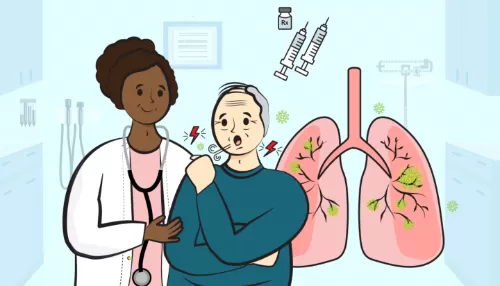Understanding Cancer: Key Risk Factors and Inducing Factors
Cancer remains one of the leading causes of death globally, affecting millions of people each year. While genetic predisposition plays a role, many environmental and lifestyle factors can significantly increase the risk of developing various types of cancer. Understanding these inducing factors is essential for prevention and early detection.
Related searches

Key Inducing Factors for Cancer
Tobacco Use: Smoking and the use of other tobacco products are the leading causes of preventable cancer. Tobacco contains numerous carcinogens that can lead to cancers of the lung, mouth, throat, esophagus, and more.
Diet and Obesity: Poor dietary choices and obesity are linked to several types of cancer, including breast, colon, and endometrial cancers. Diets high in processed foods, red meats, and sugars can contribute to weight gain and increased cancer risk.
Physical Inactivity: Sedentary lifestyles have been associated with higher cancer risk. Regular physical activity helps maintain a healthy weight and reduces the likelihood of certain cancers, such as breast and colon cancer.
Alcohol Consumption: Excessive alcohol intake is a known risk factor for various cancers, including liver, breast, and esophageal cancers. The risk increases with the amount consumed.
Exposure to Carcinogens: Occupational and environmental exposure to certain chemicals and substances can increase cancer risk. This includes exposure to asbestos, benzene, formaldehyde, and various industrial chemicals.
Radiation Exposure: Both ionizing radiation (from sources like X-rays and radon gas) and ultraviolet (UV) radiation (from the sun or tanning beds) can increase cancer risk, particularly skin cancers such as melanoma.
Infections: Certain viruses and bacteria can contribute to cancer development. For example:
Human Papillomavirus (HPV): Linked to cervical and other genital cancers.
Hepatitis B and C: Associated with liver cancer.
Helicobacter pylori: A bacterium linked to stomach cancer.
Hormonal Factors: Hormones can influence the development of certain cancers, particularly breast and prostate cancers. Factors such as hormone replacement therapy and early menstruation or late menopause may increase risk.
Genetic Predisposition: While not an environmental factor, family history and genetic mutations (e.g., BRCA1 and BRCA2 for breast and ovarian cancer) can significantly influence cancer risk.
Prevention Strategies
Awareness of these inducing factors allows for proactive measures to reduce cancer risk:
Avoid Tobacco: Quitting smoking and avoiding secondhand smoke can greatly reduce cancer risk.
Maintain a Healthy Diet: Focus on a diet rich in fruits, vegetables, whole grains, and lean proteins while limiting processed foods and red meats.
Stay Active: Regular physical activity (at least 150 minutes of moderate exercise per week) can help maintain a healthy weight.
Limit Alcohol Intake: Reducing alcohol consumption can lower the risk of several cancers.
Protect Against UV Radiation: Use sunscreen, wear protective clothing, and avoid tanning beds to reduce skin cancer risk.
Get Vaccinated: Vaccinations against HPV and hepatitis can help prevent cancers associated with these viruses.
Regular Screening: Participating in recommended cancer screenings can lead to early detection and improved outcomes.
Conclusion
Cancer is a multifaceted disease influenced by various inducing factors. By understanding these risks and taking proactive steps for prevention, individuals can significantly reduce their chances of developing cancer. Regular health check-ups, healthy lifestyle choices, and awareness of personal risk factors are crucial in the fight against cancer.

Urinary Tract Infection: Prevention and Treatment Guide

Medical Assistant Careers Made Easy: Explore Online Options Today

Savoring Convenience and Health: Exploring the Factor Meals Menu

Finding the Right Rehab Centers: Your Path to Recovery

10 Best Online Healthcare Programs for a Successful Career

Finding the Right Mental Health Support








